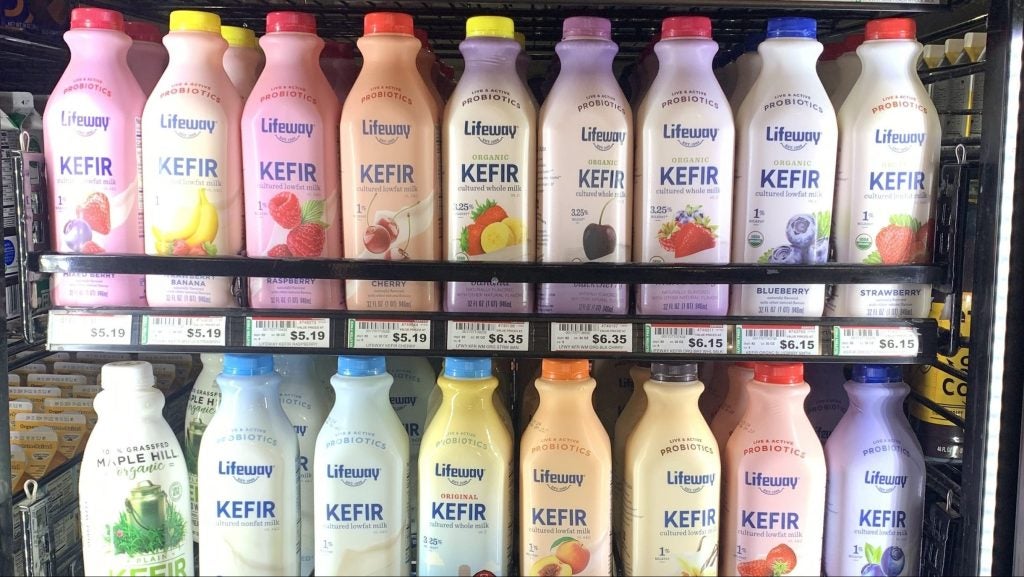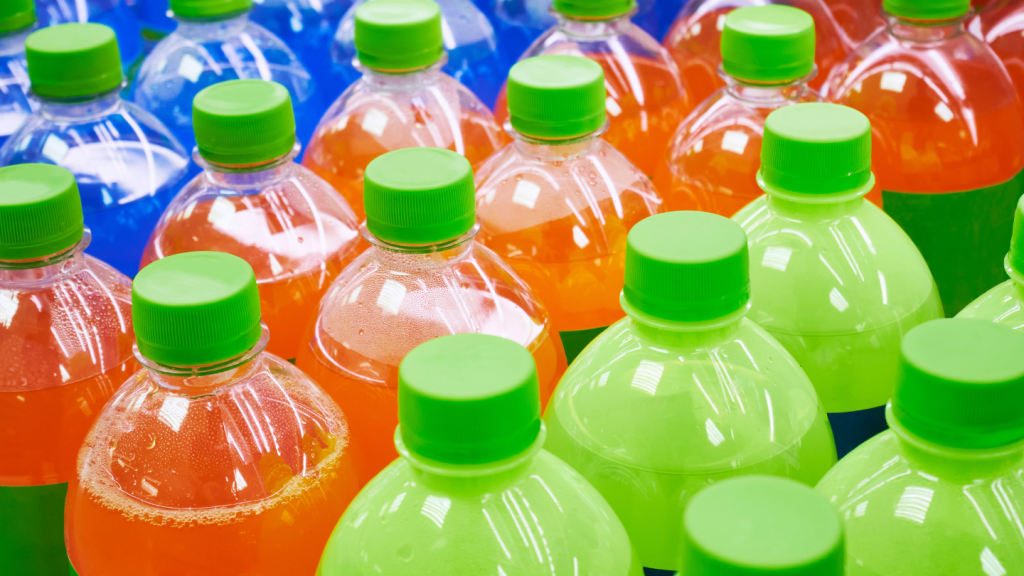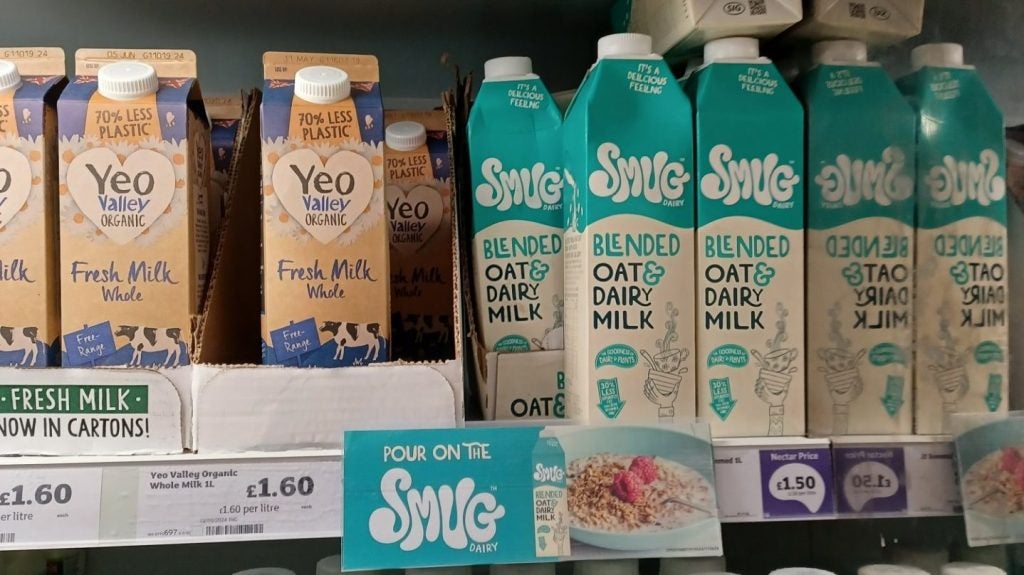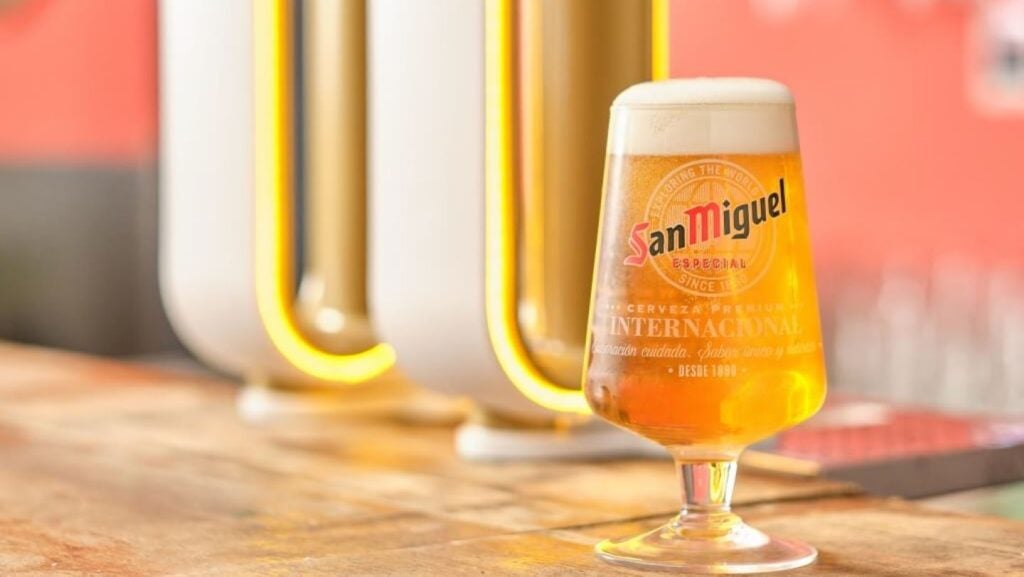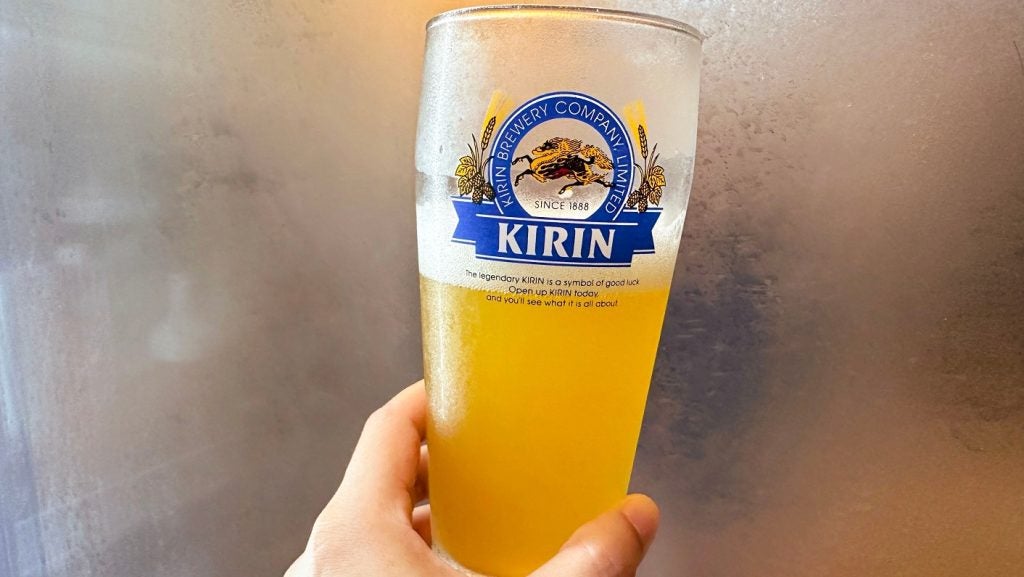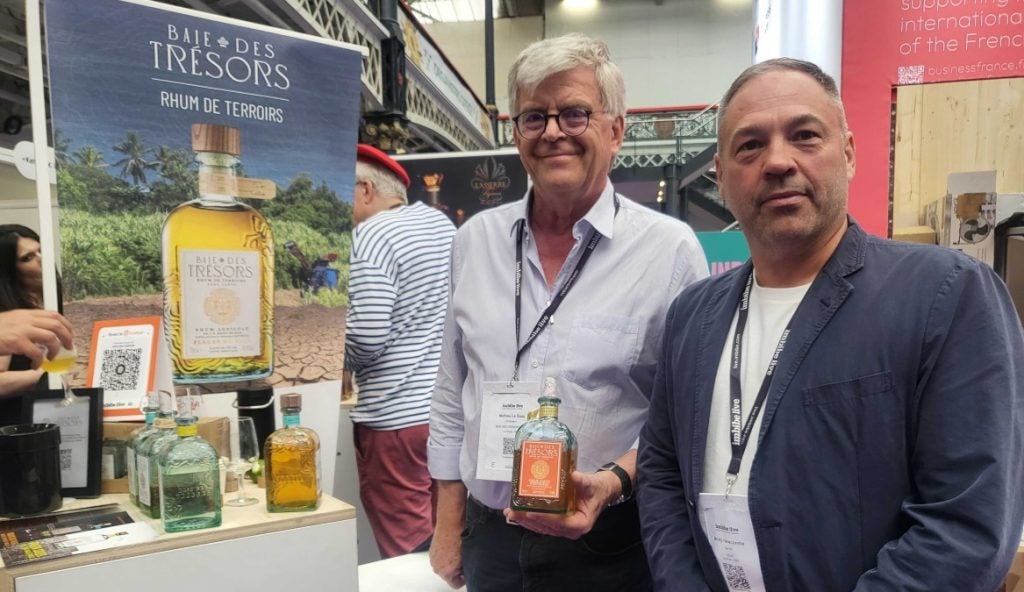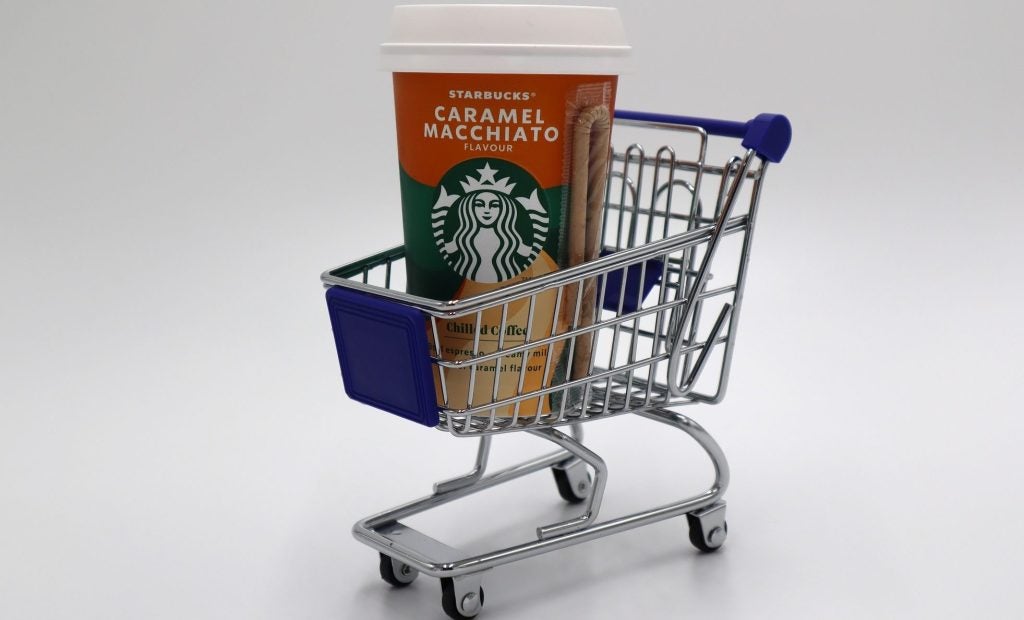US kefir business Lifeway Foods is “firing on all cylinders right now”, CEO Julie Smolyanksy says.
Sales and profits rose in 2023 and the publicly listed company reported another quarter of top- and bottom-line growth for the opening three months of 2024.
However, in the last year, Lifeway and Smolyansky – the daughter of the company’s founder – have faced public criticism from a shareholder and had a (now ended) legal tussle with her brother (and former colleague) Edward as he embarks on setting up a rival kefir business.
Dean Best (DB): What are your reflections on the legal dispute with your brother and the Pure Culture Organics entity he has set up?
Julie Smolyansky (JS): Well, I mean, first of all, I wanted to start by reiterating that we have had 18 consecutive quarters of year-over-year net revenue growth and [that] demonstrates our really strong and consistent market performance. The last four quarters alone have been record-breaking in revenue. Our gross profit margin is up dramatically. Our income has tripled from the first quarter of 2023. We are the 95% or so category leader of kefir. We've created this category. My father founded Lifeway back in 1986 with this mission to bring Lifeway to as many consumers as possible, to educate people on gut health, the importance of gut health, and that is a mission that we will continue to uphold.
I am personally laser-sharp, dedicated on building the Lifeway brand, the gold standard of kefir, the original, authentic kefir. We stand by the products that we make and our community and our values and what we say matters on our labels. We really stand by that and I don’t think that every other company does.
I would say we have done a remarkable job in incredibly challenging circumstances and we are battle-tested. We have, despite this, really, I would say distraction – and I hate to even legitimise it by even commenting about it – but it is of course [down to us] to defend our brand and uphold our fiduciary duties and we have done that.
This situation is ... we’ll continue to cross those bridges as they come up but we'll continue to protect our brand and the assets and protect various contracts that have been put in place.
DB: Last year, Lifeway hired advisers to help the company weigh up “strategic alternatives”. The move came after public criticism from an investor. What’s the latest with the review?
JS: We've done what we needed to do and what the board needed to do and the advisors have gone through their process. We're continuing to grow the business. You’d have to check the public filings but the requirements have been met and fulfilled.
DB: OK, focusing on Lifeway’s recent performance. You reported another quarter of growth in the first three months of this year. The second quarter has just closed but, of course, I know you can’t talk about that too much yet until the results are published.
JS: Right, exactly, but I would look at those trends over the last 18 quarters, the last four quarters, and kind of predict out what it could be like. I would say they’re continuing that trend. It is really exciting. We’ve picked up a number of new customers in the club channels, a number of new Costcos, CVS and various convenience stores
We are really excited about our opportunity in the fresh cheese base. Farmer Cheese has been a longtime legacy brand for us since day one. It is very similar to cottage cheese, which has become one of the most exciting categories within the dairy space because of TikTok and influencers. Overnight, cottage cheese became the hottest thing.
I would say [Farmer cheese] is better because it’s already kind of that blend and consistency that all of these recipes are calling for [and] kind of a step-saver for a recipe chef. It is so high in protein, it’s so delicious and we’re seeing a tremendous growth in that. We’ve invested in equipment and machinery to scale our Farmer cheese. We think that's a really exciting, new kind of category.
We're really excited to be really transitioning yogurt eaters, cottage cheese eaters, into Lifeway brand loyalists. We have a plan to bring in even more consumers. We're really firing on all cylinders right now.
DB: There have been various reports within the industry that consumer interest in gut health continues to rise, while there seems to be growing research linking gut health to mental health.
JS: We’ve always known about the benefits of kefir and the microbiome for digestion and for immunity. That was only multiplied during Covid when science and medical researchers around the world were in a sprint to find better immune-boosting components or opportunities to prevent Covid or reduce its symptoms. Kefir was studied a lot in that time and there’s been some phenomenal research around immunity
Most recently, there’s been a new round of research on the benefits of mental health. Kefir can actually help reduce stress, depression and anxiety. We have a global crisis around mental health and so Lifeway is really dedicated to having that conversation with our communities, with our customers.
DB: On Lifeway’s recent sales performance in the US, have you seen volumes increase? Many companies have seen inflation support their revenue.
JS: I can’t remember the exact number but, yes, dramatic volume increases and we can see we’ve really taken some of those yogurt consumers and transitioned them into kefir drinkers, so, yes, volume and unit sales are up.
Also, if you look at the marketplace and our consumer profile, we see a lot of opportunities to bring in new babies and toddlers, new parents through our ProBugs, which is our pouched kefir. We were the first company to launch a pouched product for kids back in 2007. We disrupted the entire baby food space. Today, 50% of baby food is consumed through a pouch.
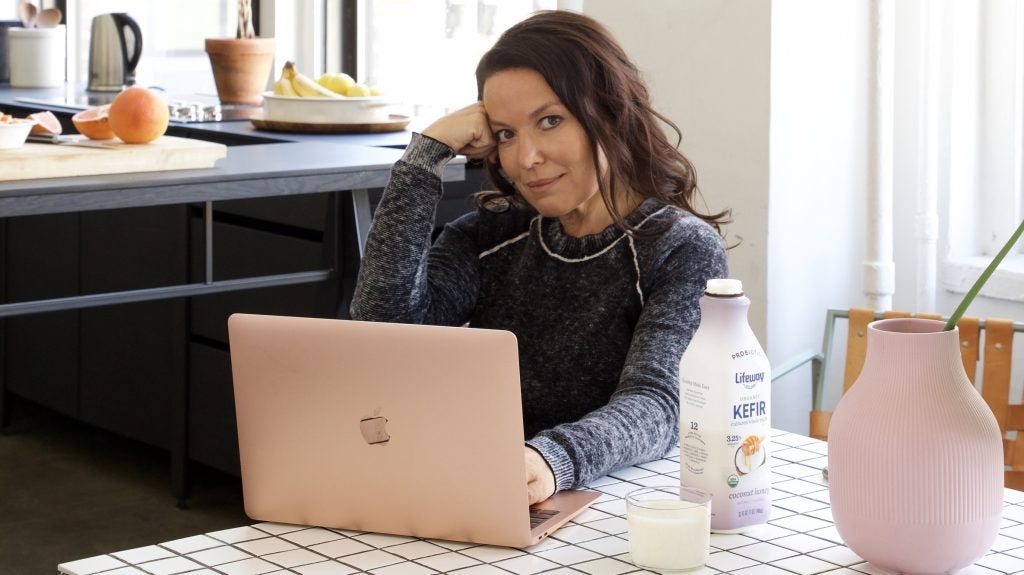
We’ve invested in a new pouch machine, which will really help us bring efficiencies to the business, keep our costs down and produce more pouches. We can really now scale our pouches. We’ve really done really well exclusively on Whole Foods with the pouch but we’re going to start to scale and bring it to mass, more retail outlets. We weren't even able to advertise or market our pouches because we were at capacity with our pouches at Whole Foods. Now pouches have become more popularised, consumers are used to paying more for them. They really appreciate the convenience and the extra benefits of having high protein. We’re excited to scale that line.
DB: What do you judge to be your main priorities to try to grow again in the US this year?
JS: Definitely, looking at more opportunities to just put our SKUs in more locations. It’s all about distribution. You have to be available to make the sale. Increasing SKUs, making sure that the retailers have the right SKUs. Opening up those new channels, away-from-home, hospitality.
DB: Will that mean more investment in production or have you got the capacity to support those efforts?
JS: We do have the capacity – we have the space – but it’s ongoing. We organically build our machinery and equipment out to scale as we need. We’ve talked about those investments that we've made and they’ll help create efficiencies, reduce our headcount and our hours [with] the use of automation within scaling and new equipment purchases.
DB: It sounds as though you’re upbeat about the prospects for kefir in the US. Do you see there anything that could weigh on the category’s prospects?
JS: Not at all. I think we’re just starting to learn about the microbiome, kefir and the benefits. Lifeway has been the brand that has built the category and has really created that awareness. The wind is at our back with everything. It’s the right time, the right moment, the right team. A lot of the challenges are behind us. We’ve learned a lot. We’ve been through a lot and I see only a bright, bright future for the brand for many decades to come.
DB: Approximately what percentage of Lifeway’s sales are generated in the US?
JS: A big chunk. I don’t think we break it down exactly but the majority of it is still the US. That’s definitely our bread and butter but it’s growing.
We’re the number one brand in Mexico, in the Caribbean, and in different parts of the world. We’re sold in Ireland and some parts of the UK. The goal is to make Lifeway to kefir as Tropicana is to orange juice and Hershey's is to chocolate. We are looking to build Lifeway into a brand, not just for this generation, but for all generations worldwide.
DB: What are your priorities internationally over the next 12 months or so?
JS: Continued priorities are in Mexico, South America. Latin-speaking countries are one of the big priorities we’re focused on. Of course, America, and all the opportunities here, we still have a lot. Farmer cheese is another big priority, scaling our pouches, those are our priorities, expanding in the club market, club channel.
DB: But, internationally, it’s a case of nurturing your existing markets or are you looking to enter new ones?
JS: We’ll see. We are looking to open up. We have some opportunities in South America – Uruguay, Peru – some export opportunities and demands that are opening up for us, so we will look to expand where it makes sense, mostly through export opportunities.
DB: And then what about Europe? There is a growing kefir market in the UK, for example, with a clutch of brands building a category in supermarkets and I wondered what Lifeway’s challenge has been to really break into the UK.
JS: The hardest part is that we’re separated by a large ocean [laughs]. Covid happened and that became more challenging, with so many other urgent priorities happening in the States from the pandemic to an anti-dairy movement, etc, etc. Many things. There’s only limited bandwidth.
We’ll eventually unlock more of that UK channel as well. I know, we were there for a little bit but I think there’s still definitely a lot of opportunities and, when the time is right, I’m sure that we’ll cross that bridge. We are in a couple of stores. We’re there a little bit. We’ve put our flag in the ground. Obviously, we'd love to scale it.


